If you are reading this, chances are that you want to study in Switzerland as an international student.
Hindsight is 20/20. Some things I only realized while already being enrolled in my master studies in Switzerland. In order to spare you the headaches, here are a few valuable tips and insights about studying at a Swiss university.
To study in Switzerland, it pays to do your research first
Which Swiss university to attend? Which program to choose? Is it available in my preferred language? And what about tuition fees?
A ton of questions poured down on me as I started to think about higher education in Switzerland.
I would seek the advice of people who have studied in Switzerland or are still enrolled. I would sniff around online forums or go to a local Berufsberatungszentrum for a short career consultation. This session takes only 20 minutes and comes at no charge. I learned a lot about Swiss education and jobs for English speakers in Switzerland.
My advice: prepare your questions before a career consultation. Search for education options not only in your city but also elsewhere in Switzerland. After all, commuting to your school is completely doable.
The Swiss public transport system is as precise as clockwork. On top, university students receive a 50 percent discount for the GA travel card. (It comes out to 2650 francs per year.) The GA allows for unlimited public transportation, including some mountain railways and cable cars.
Mind the Swiss punctuality. Really.
When they say your assignment needs to be handed in on day X at 5:00 PM, they mean just that. They do not mean that it will be alright if you hand it in after the deadline. Being even a minute or two late may cost you dearly. So, do mind the deadlines.
This rule also applies to class attendance. Being even a few minutes late is frowned upon. It is better to arrive at least 10 minutes before a class starts. You may notice classmates who apologize for being two or three minutes late for a group meeting!
Do not only learn the subject manner, but also how to pass the exam
It might be relatively easy to get into many universities in Switzerland, but it is often not easy to stay. One of the most difficult things you will encounter during your studies are the exams. There is a large workload to complete in a short amount of time. Often, the system tests how someone can deal with the pressures rather than how vast their knowledge base is.
Be careful and ask senior students about their success stories of passing particular exams. Learning the exam methods can help you use the time more efficiently in order to pass.
Watch your spending
Unless we are talking about attending private universities, studying in Switzerland is rather affordable. On average, your tuition will be about 800 to 1000 francs per semester. It is the cost of living that will put a dent in your wallet.
According to the Lucerne University of Applied Sciences, rough yearly expenses amount to about 20'000 to 25'000 francs. This includes tuition, food, transportation, housing, insurance and various costs.
Depending on your personal preferences and needs, it could be more or less. Of course, you may work on the side to generate some income.
For the most part, non-EU citizens are allowed to work up to 15 hours a week. This translates to an income of about 700 to 1000 francs per month. During summers, full-time employment is admissible. In any case, knowing some German or French will raise your chances of getting a student job.
Plan your application to study in Switzerland way in advance
For EU/EFTA nationals, admission to the program is enough to receive a residence permit. Those from a non-European Union country should start the visa application process at least three months in advance. Be sure to have all the necessary papers ready.
Switzerland is part of the Bologna education system that is recognized throughout Europe. This means you will have to match your previous education to their standards. In some cases, you might be required to write a research paper for gaining admission to a university in Switzerland. This could be the case if you have not written a Bachelor thesis yet.
Be ready to invest a good deal of time
A part of the European Bologna system, Switzerland uses the ECTS credit points, a study time measurement system. If one semester requires 20 ECTS points, each of them equals with 30 working hours. In this case, it would be 600 hours spread over 4 months. That can get tricky if you are working at the same time.
As long as a study program is considered berufsbegleitend, working up to 50 or 60 percent is still feasible. It is even possible to remain employed full-time if you can distribute the study workload over extended numbers of semesters.
Use all opportunities your university provides
Swiss universities often provide free career counseling sessions or business consultations. In addition, there are regular networking events and sometimes even free language courses. (Improving your language skills at a private school could easily cost thousands of francs.)
Enrolling in any of these free services could improve your experience. If you find spare time, these resources could prove to be valuable for your professional and personal life.
Work with the local student organizations
Swiss employers are all about inspecting the "local" work experience. Student organizations offer training grounds in a variety of fields. Working in marketing, finance, event management, HR, business development or exchange student management shows that you care about the local community.
Below is yours truly with the Business Student Association fellows at the Lucerne University of Applied Sciences and Arts. I am currently working with incoming exchange students to introduce them to the Swiss culture via organizing events. It is fun and a good distraction from studies and work.

Don't forget that you are in Switzerland!
In Switzerland, you can enjoy a good study/work/life balance. Also, you can gain a quality education and benefit from excellent networking opportunities. These are key factors to getting your foot in the door of the local Swiss job market.
As for me, it has been a great experience to study in Switzerland. You can get a quality education and see all of Switzerland like no other. Attending a university in Switzerland does require some patience and determination. But let me assure you: it is worth the cost.
Study in Switzerland like a boss thanks to these useful resources:
- General information about the education system in Switzerland
- Broad course overview at Swiss universities
- Uniboard.ch is the largest student forum in Switzerland for events, career opportunities, reduced price study materials, rental apartments.
- Coople.com is a job search platform for mostly retail, event and gastronomy gigs where you can choose time and location

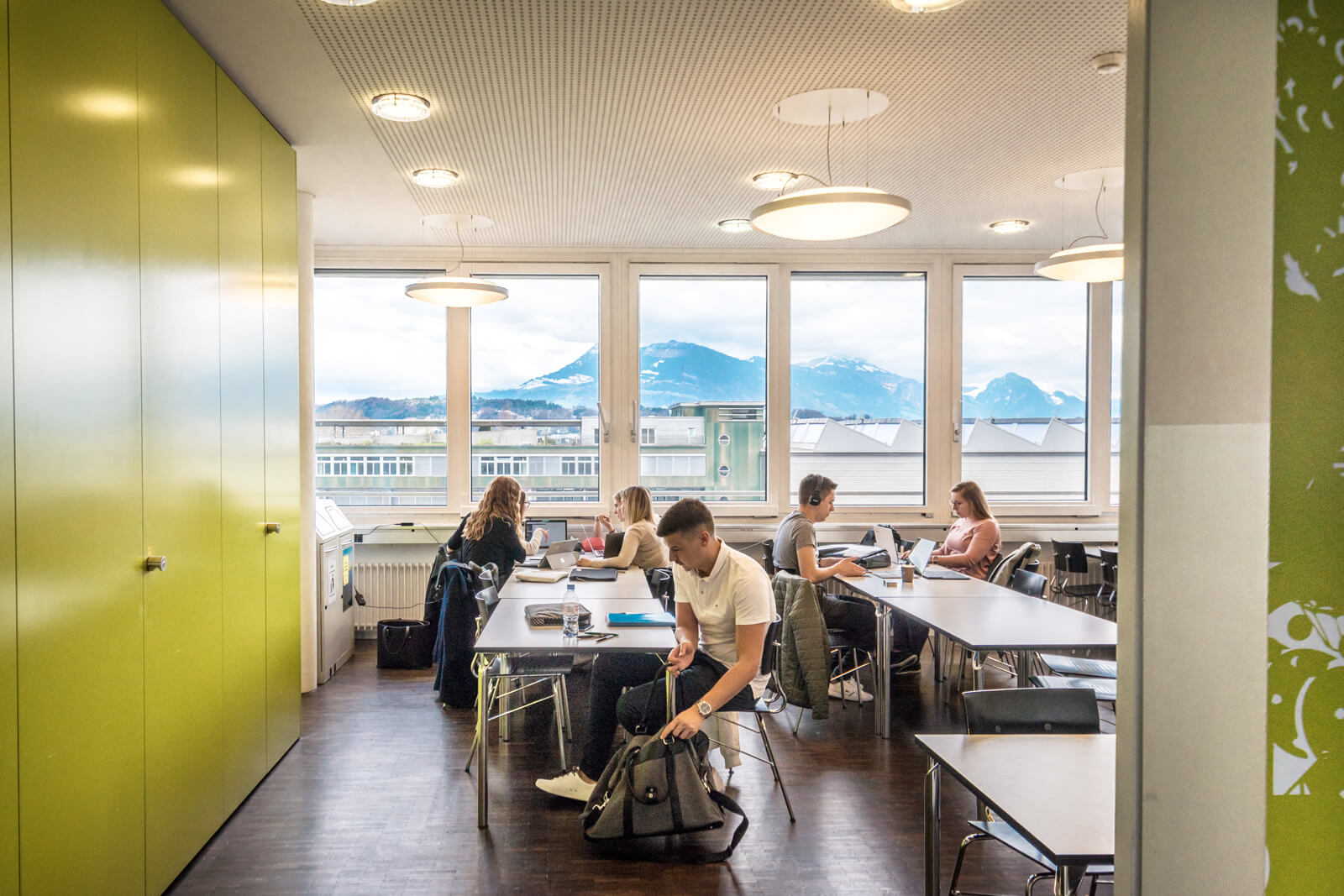
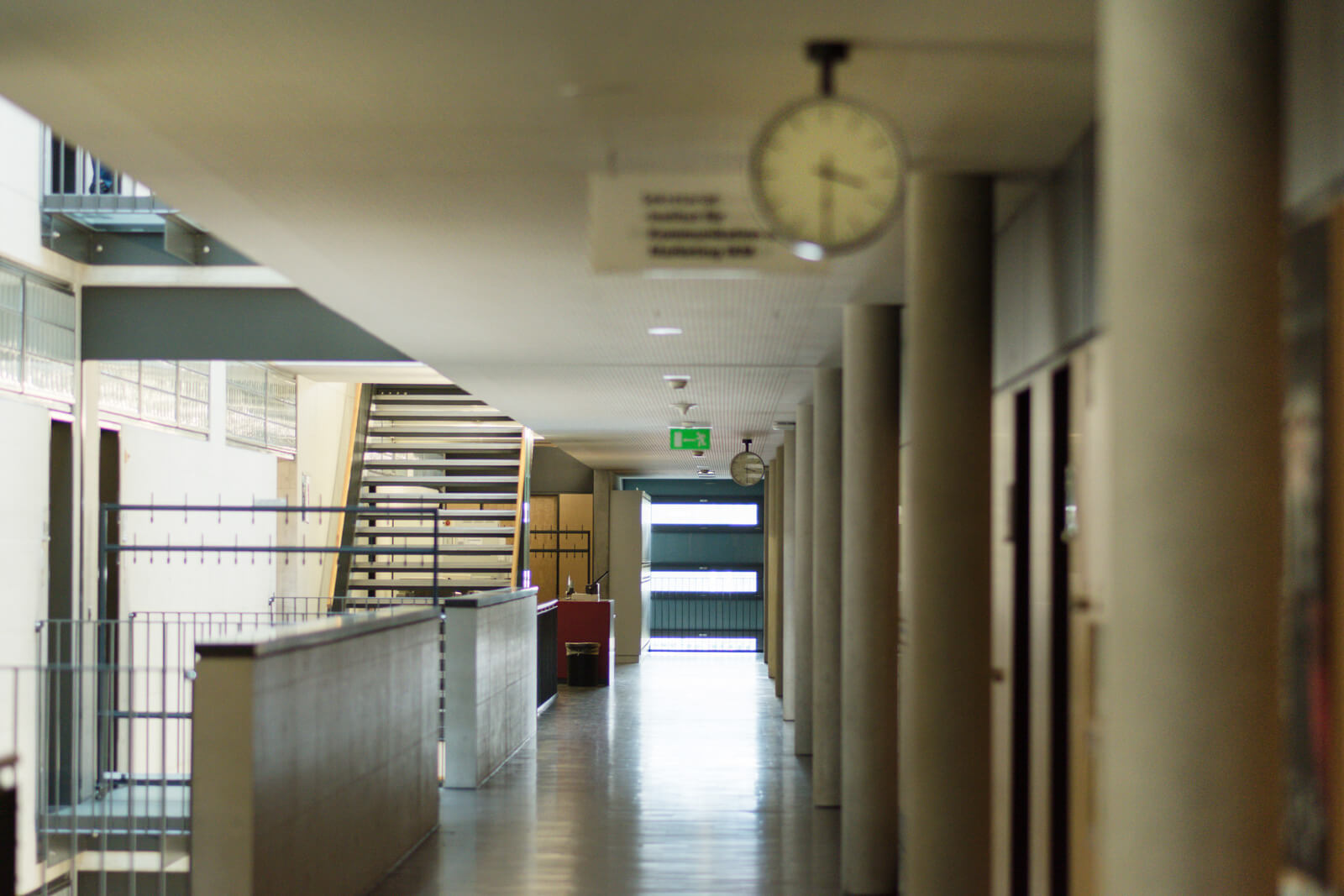
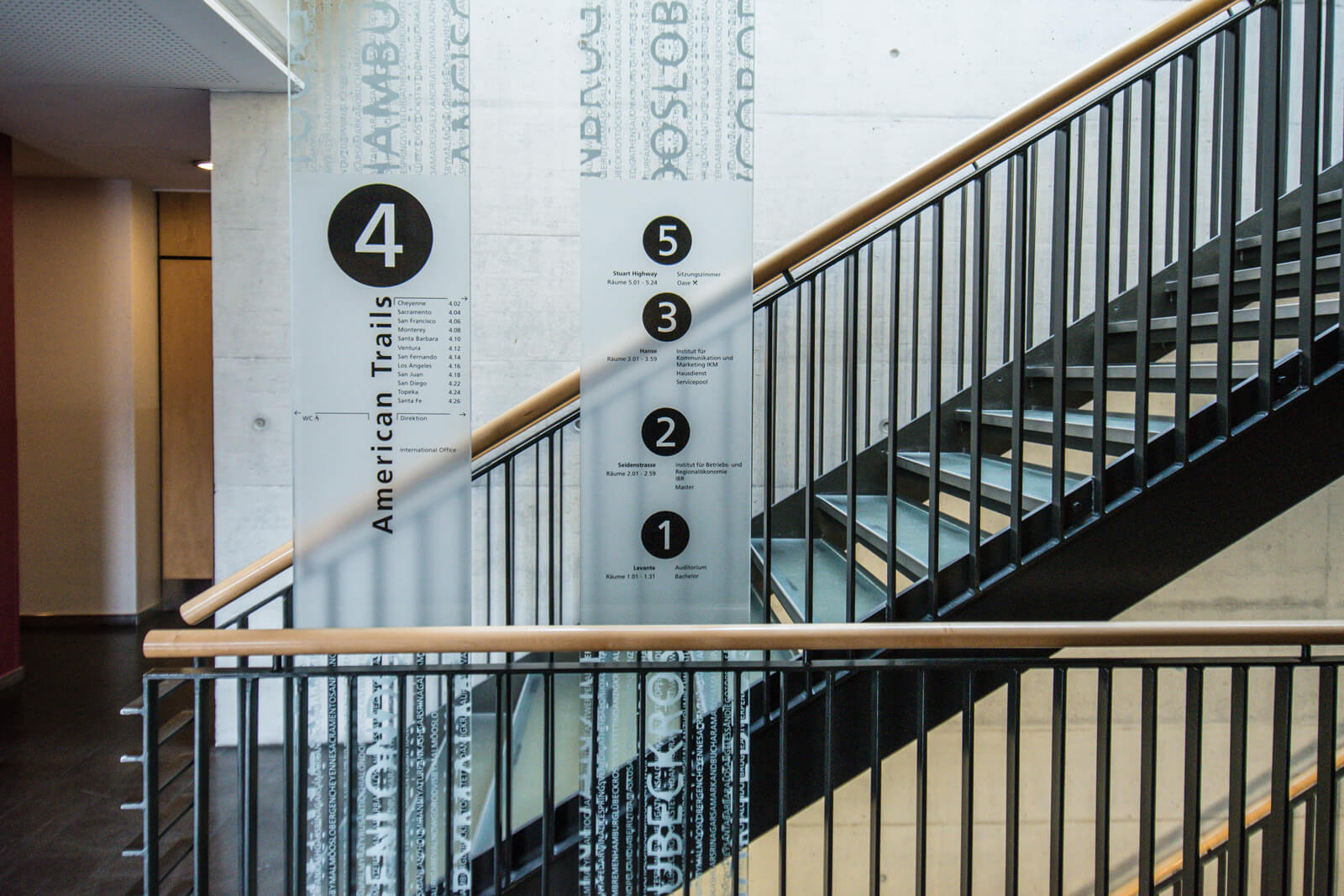
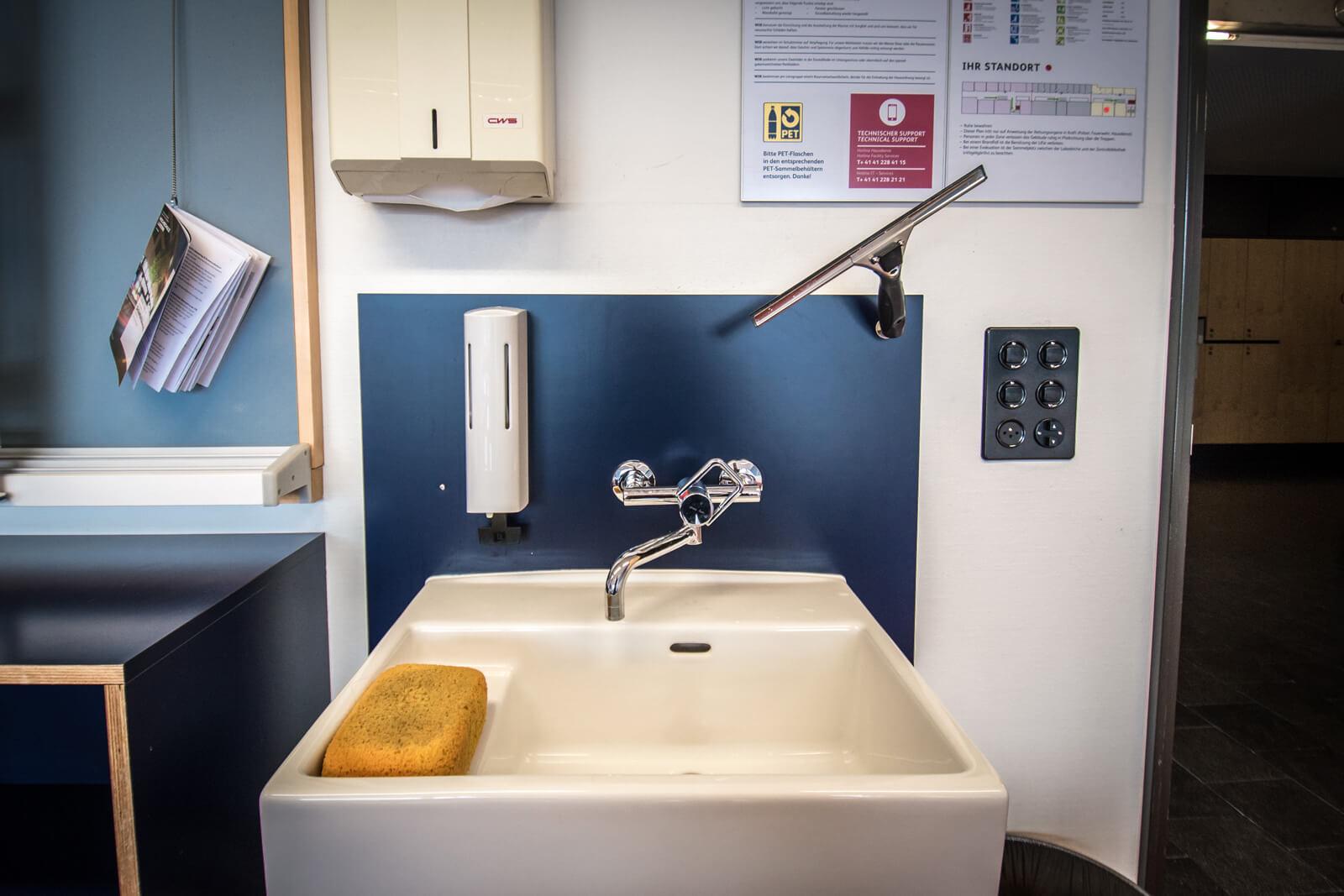
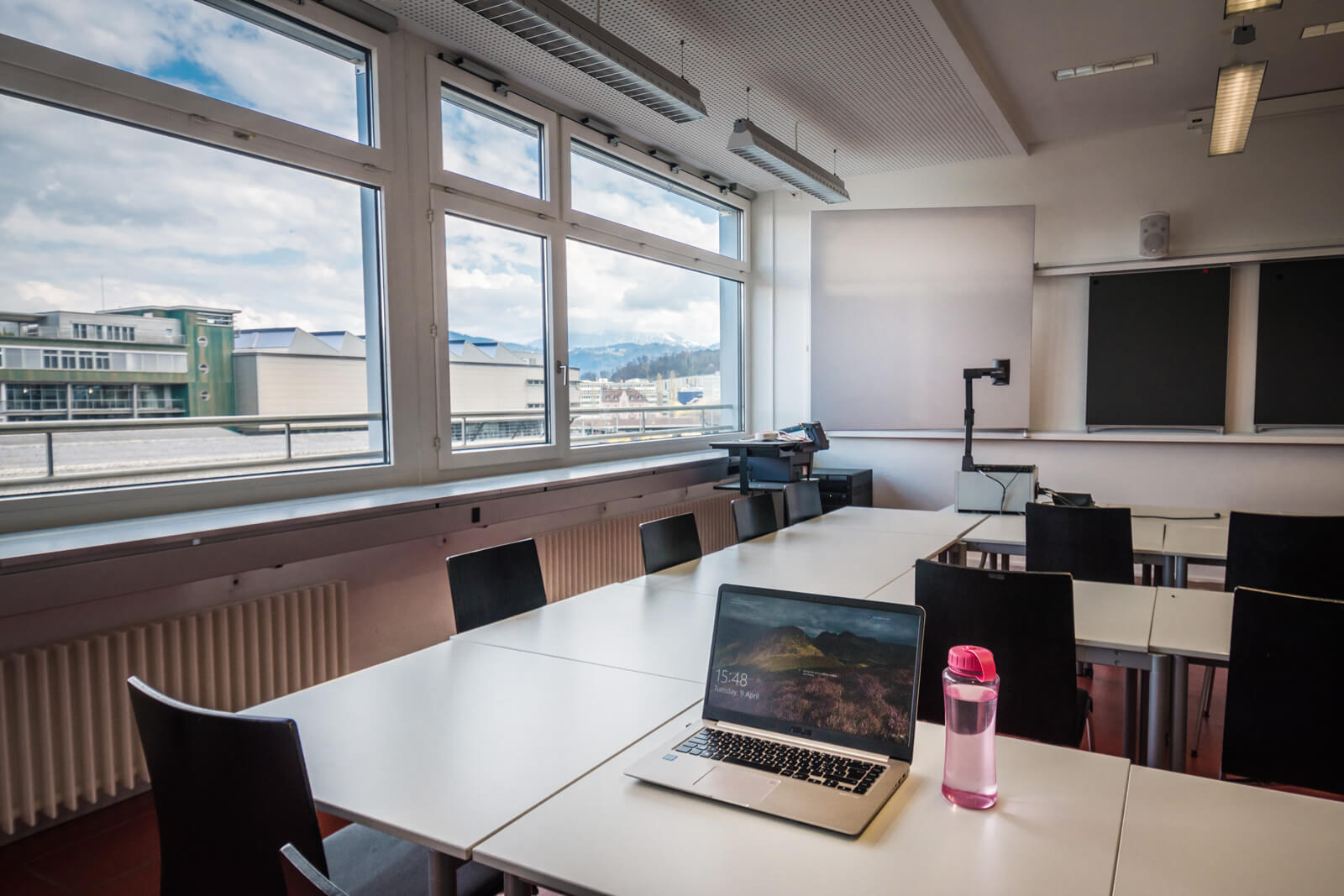
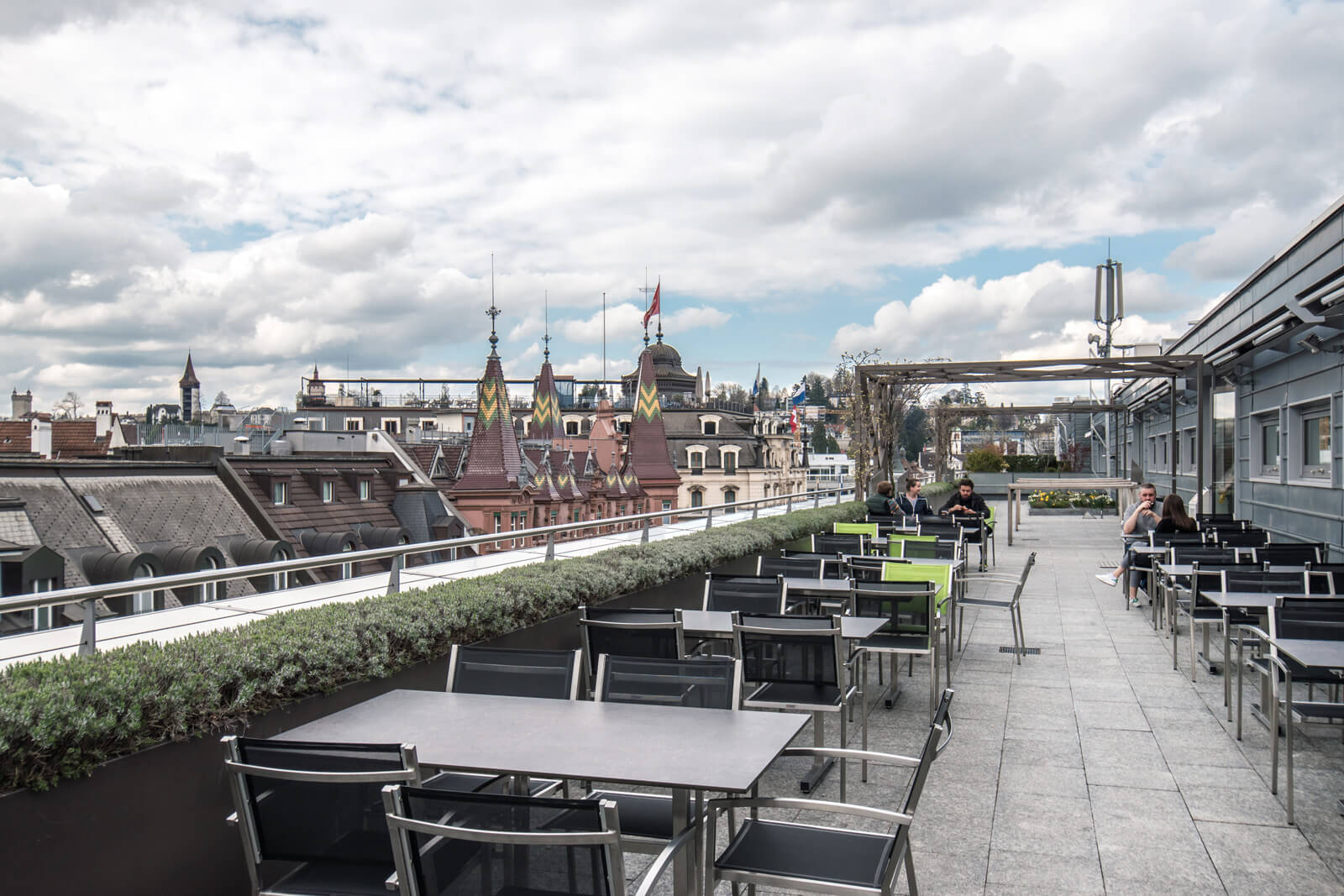
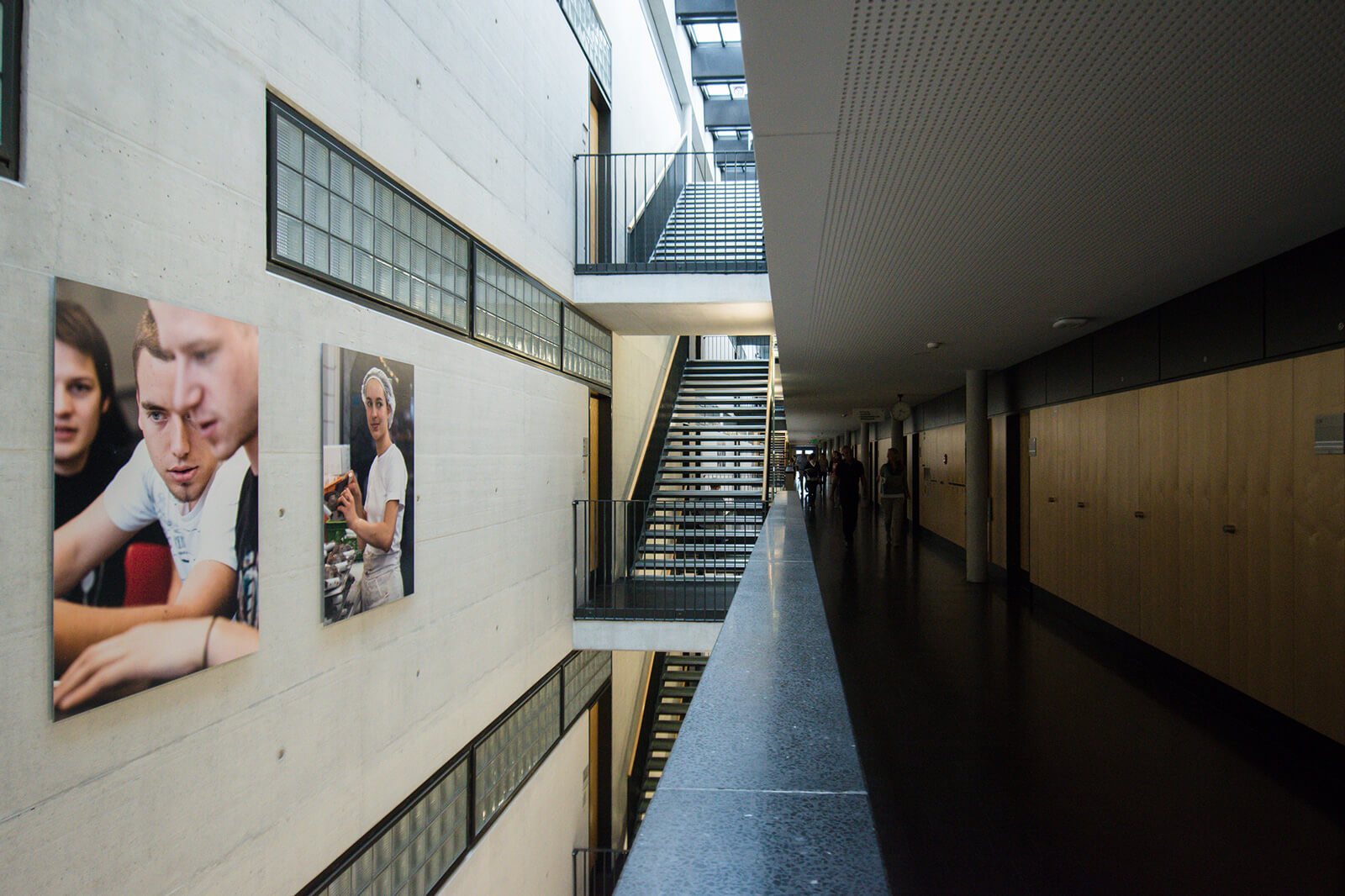




Add comment